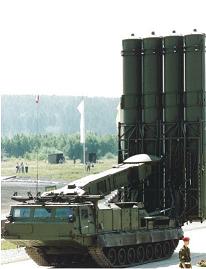Hiroshima Japan marked the 65th anniversary of the atomic bombing of the United States on Hiroshima, on Friday, with the United States was represented at the ceremony for the first time.Peace bell was rung at 8:15 pm local time, when atomic bombs were dropped by B-29 war plane Enola Gay on August 6, 1945, and tens of thousands of survivors are now elderly, children and the authorities do under one minute silence hot summer sun, as quoted from Reuters.
“Clearly, the urgency of the elimination of nuclear weapons will penetrate our global conscience,” Hiroshima Mayor Tadatoshi Akiba said in a speech which was followed by the release of white pigeons.Hiroshima bomb, nicknamed “Little Boy”, which issued a mixture of very fast air waves caused by aircraft, heat rays and radiation, killing thousands of people instantly.
In late 1945, the death toll has risen to around 140,000 people from roughly 350 000 residents of the city. Thousands more people died due to illness and injuries later.Three days after the Hiroshima attack, on August 9, 1945, the U.S. dropped a second atomic bomb on Nagasaki in southern Japan. Japan’s surrender six days later, ending the military aggression that has brought the country into World War II.
U.S., involved in disputes with Japan because of the relocation of a U.S. air base on the island of Okinawa in southern Japan, sent a representative to the ceremony for the first time, reflecting the encouragement of President Barack Obama on cleansing the world of nuclear weapons.”We want the nuclear disarmament and if the U.S. take the lead, other countries might follow his steps,” says Tomiko Matsumoto, people who survived the atomic bomb who is now 78 years old.
“First I hate them (United States), but the hatred (against USA) was gone. Now I want to see a peaceful world.”Obama, who received the Nobel peace prize last year in part because his vision of a nuclear free world, has signed a strategic arms treaty with Russia, April, involving former enemies in the Cold War was to reduce nuclear with about 30 percent. “We see the new leadership of a very powerful country,” said UN Secretary General Ban Ki-mon at the ceremony. “We must maintain momentum.”
Japanese Prime Minister Naoto Kan said that Japan, the only country ever to suffer nuclear attack, will lead other countries to realize a world without nuclear weapons.Japan have adopted their own prohibitions against the possession, production and letting nuclear weapons into the country, as part of post-war constitution which loves peace. Democrats in power, the military alert to the possibility of an increase in its giant neighbor China, has planned a review of its defense at the end of this year.(AFP)


